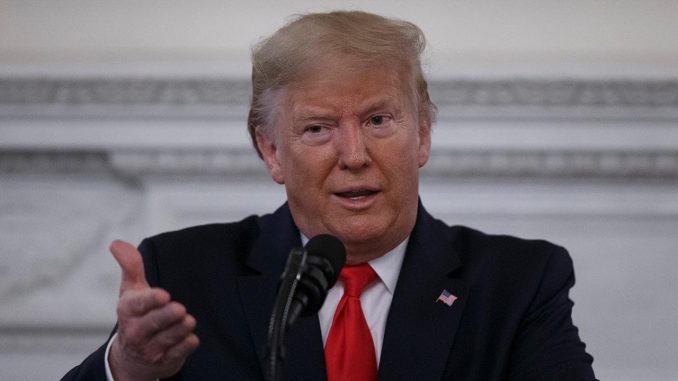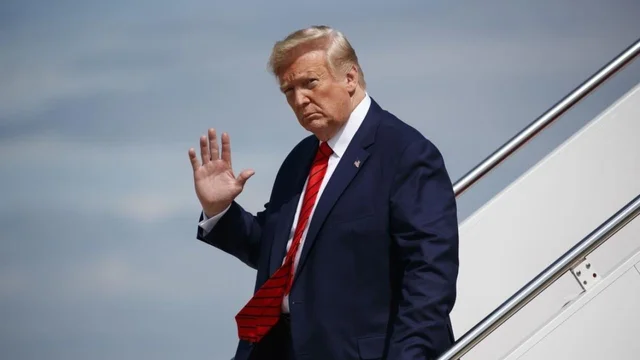
As the Democrats and their allies in the media mourn the implosion of impeachment, President Trump continues to make historic progress in delivering on his promise to bring business-minded reforms to Washington. The latest of these achievements was unveiled this week, with the Department of Defense announcing it saved $6.5 billion in its 2019 budget by implementing better business practices. Leaders on both sides of the aisle have sought for decades to bring a sense of fiscal responsibility to the Pentagon. Though the two parties come at the issue from a different angle — Democrats typically viewing the department’s budget as too big and Republicans wishing it operated more efficiently – there is broad bipartisan support for the ultimate goal of spending Defense money as wisely as possible.
That is just what has been happening under the leadership of Secretary of Defense Mark Esper and Chief Management Officer Lisa Hershman. At the Reagan National Defense Forum in December, Esper announced his Defense Wide Review had trimmed $5 billion from the 2021 budget of the “fourth estate” – the Department’s non-military agencies.
This week, Hershman announced her office had generated $6.5 billion in savings from reforms during 2019, in addition to $4.7 billion previously saved in the 2017-2018 budget. Stop and ask yourself when was the last time the Pentagon announced it had saved any money by changing the way it does business, much less $16 billion? That they’ve achieved these savings so quickly speaks to how effective reform can be when it’s empowered by support from the top. The President has made it a priority, and his appointees are carrying out the vision.

How have they done it? By implementing the kind of reforms and making the kind of tough decisions every outside observer has known they needed to pursue but no one inside the Pentagon had been able to accomplish until now.
According to what Pentagon officials have shared with the media, the savings come from setting up modern business practices, reforming outdated or inefficient practices, and winding down low-priority programs in favor of those that actually have an impact on our national defense. None of those goals are novel to anyone who has run a business before, but they’re revolutionary concepts in a building notorious for its ability to spend money with abandon and to resist meaningful operational change. The difference between the Defense Department and a private sector business, of course, is that the Department’s primary mission remains to keep America safe. They can and should take a page from the public sector on operational efficiency, but not with the goal of cutting budgets for the sake of saving money or maximizing profits. They are pursuing operational efficiency so that their limited funds can be reinvested in making our military stronger and more effective.
The significance of this progress, and the potential for widespread impacts throughout a notoriously inefficient bureaucracy government-wide, is hard to overstate. If the Pentagon can change the way it does business and generate such savings, any government agency can. Imagine the possibilities if President Trump makes extending similar reforms throughout the government a key priority of his second term. It’s unfortunate the media have largely turned a blind eye to the progress President Trump has made in delivering on his campaign promises, opting instead to focus on the impeachment fishing expedition and the buffoonery of the Democrat presidential nomination race. The reforms underway at the Pentagon are newsworthy in themselves and speak to the kind of change only a business-minded President could bring to Washington.
*story by Fox Business